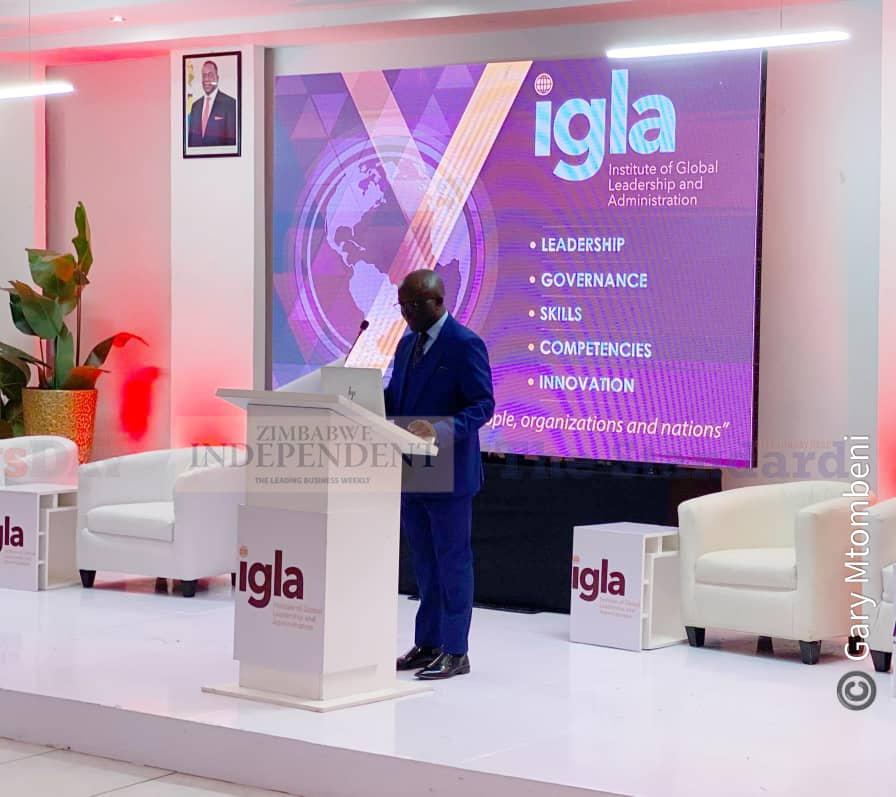
GOVERNMENT has been urged to invest in the energy sector so as to fully harness the potential of artificial intelligence (AI) in transforming the nation’s workforce.
Speaking on Thursday at a workshop hosted by the Institute of Global Leadership and Administration (IGLA), in collaboration with the Artificial Intelligence Institute Africa, Skills Audit and Development permanent-secretary Rudo Mabel Chitiga emphasised that without stable and sufficient power supply, AI adoption would remain behind.
“For us to be creators and not just consumers of AI technologies, we must first address the issue of energy. Investment in power infrastructure is a key pre-requisite for digital transformation,” she said.
“This is a natural progression. In this time of change, the question is: Do we cry or we become part of the change.
“the phase in which we are, of AI, means we can teach the machines to develop our Zimbabwe.”
The workshop, themed The Future of Jobs: Is Labour Ready for AI?, brought together leading voices in labour, human resources and AI innovation.
Experts warned that while AI presents enormous opportunities, the country’s readiness depends heavily on foundational infrastructure and skills development.
IGLA executive director Taka Svosve said AI was now the present future.
- Time running out for SA-based Zimbos
- Sally Mugabe renal unit disappears
- Epworth eyes town status
- Commodity price boom buoys GB
Keep Reading
“AI is no longer a futuristic concept, but a present reality that is reshaping industries, redefining jobs and reimagining skills,” Svosve said.
“The impact of AI on the workplace is multifaceted, bringing about both opportunities and challenges.”
Added Artificial Intelligence Institute Africa chairperson Dennis Magaya: “AI is coming very fast. For us to assume that we are going to control something that we did not create and that is changing and upgrading now and then is a non-starter, thus we should start familiarising ourselves with it.
“The impact of a job is a function of the industry, the function of the country, and the function of the job itself. Software developers are significantly affected. A record 30%-40% of software now overseas is written by AI.”
Another AI expert Ephias Ruhonde said the biggest determinant of future employability will not be Al development expertise, but rather AI fluency, the ability to collaborate with AI, design AI-integrated workflows and leverage AI to enhance human insight.
“In work places, particularly HR, AI helps in handling invoice processing, fraud detention and final forecasting,” Ruhonde said.
“It also automates candidate screening, interview scheduling and employee sentiment analysis, thus it is important for employees to learn about AI.”
Labour and HR expert Request Machimbira further urged that: “We need to make AI an intentional agenda in our organisations. There is need for an AI champion, there is also a need for inclusivity, leaving no one behind.
“Beyond competence in AI, you need a culture of utilising AI technologies.”










